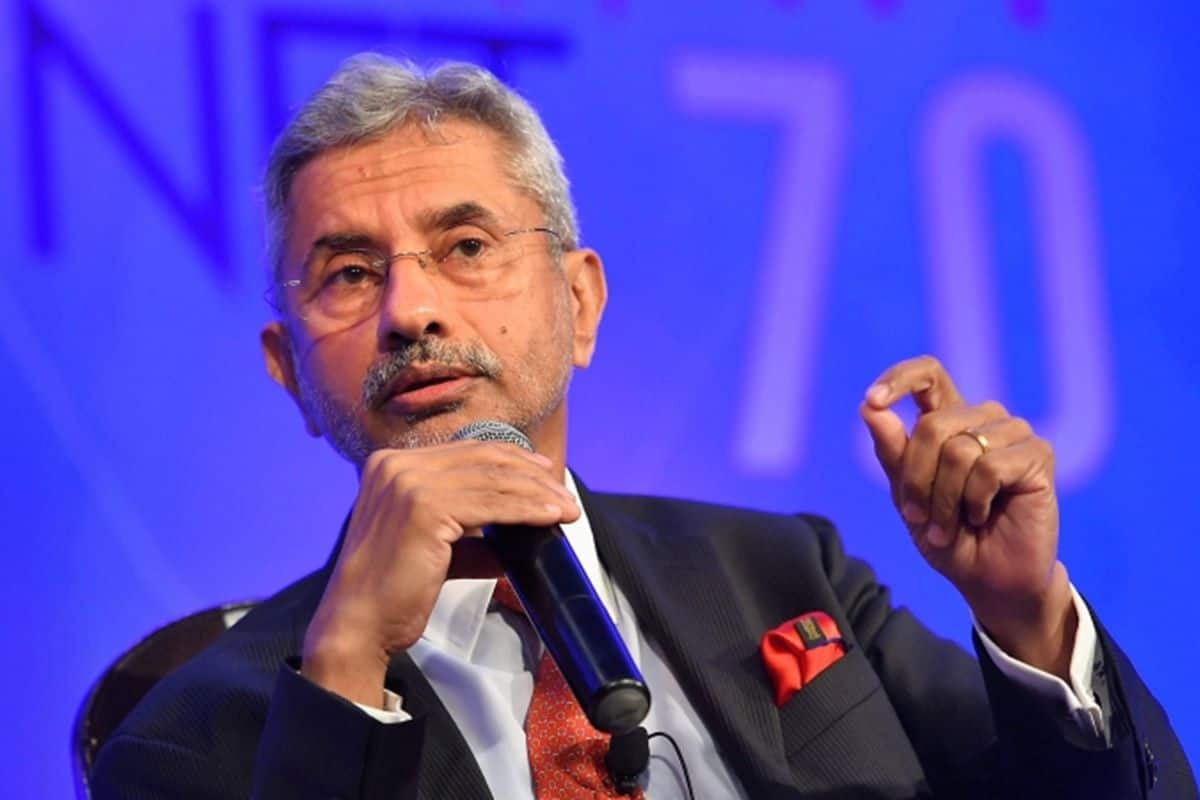External Affairs Minister Dr. S. Jaishankar recently delivered a pointed critique of the United Nations’ effectiveness and credibility, particularly in the context of global terrorism and the challenges faced by developing nations. His remarks, made during the 80th anniversary celebrations of the United Nations, came amid heightened tensions following the tragic Pahalgam terror attack on April 22, in which 26 tourists—including 25 Indian nationals and one Nepalese citizen—were killed by terrorists backed by Pakistan.
Dr. Jaishankar’s comments were prompted by Pakistan’s attempt to block the naming of The Resistance Front (TRF), identified as a proxy of the terrorist group Lashkar-e-Taiba (LeT) responsible for the Pahalgam attack, in a United Nations Security Council (UNSC) statement. He questioned the integrity of multilateral institutions when a permanent member of the Security Council openly shields organizations that perpetrate heinous terror attacks. “Few examples are more telling about the challenges facing the UN than its response to terrorism,” Jaishankar said. “When a sitting Security Council member openly protects the very organisation that claims responsibility for barbaric terror attacks such as at Pahalgam, what does it do to the credibility of multilateralism?”
Expanding on this point, he expressed deep concern over the seeming failure of international institutions to hold terrorists accountable. He criticized the tendency to equate victims and perpetrators in the name of global strategy, calling it a cynical approach that undermines genuine efforts to combat terrorism. “If victims and perpetrators of terrorism are equated in the name of global strategy, how much more cynical can the world get? When self-proclaimed terrorists are shielded from the sanctioning process, what does it say for the sincerity of those involved?” he asked.
The Pahalgam attack, which served as a grim backdrop for these statements, has been a significant flashpoint in India’s ongoing struggle against cross-border terrorism. In retaliation, the Indian Armed Forces launched Operation Sindoor on May 7, conducting precision strikes against terror camps operated by Jaish-e-Mohammed and Lashkar-e-Taiba in Pakistan and Pakistan-Occupied Kashmir (PoK). These military operations also involved neutralizing Pakistani airbases and successfully repelling subsequent escalation attempts by Pakistan, signaling India’s robust response to such provocations.
Beyond the immediate issue of terrorism, Dr. Jaishankar also highlighted broader challenges facing the United Nations, particularly in the realms of development and socio-economic progress. He lamented that while the UN’s mandate includes maintaining international peace and security, its efforts often amount to little more than lip service. This failure has profound implications for global development, especially for the Global South, which faces mounting economic and political difficulties.
“The predicament of development and socio-economic progress is even more serious,” Jaishankar observed. He pointed to the slowing down of the Sustainable Development Goals (SDG) Agenda 2030 as a key indicator of the distress experienced by developing countries. These nations grapple with issues ranging from restrictive trade measures and supply chain dependencies to political domination by more powerful countries. Such systemic challenges hinder their ability to achieve meaningful growth and development, underscoring the need for the international community to pay greater attention to their plight.
Despite these criticisms, Dr. Jaishankar maintained an optimistic outlook about the future of multilateralism and the role of the United Nations. He urged member states to renew their commitment to collective action and international cooperation, even acknowledging the imperfections of the UN system. “Yet, on such a notable anniversary, we cannot abandon hope,” he said. “However difficult, the commitment to multilateralism must remain strong. However flawed, the United Nations must be supported in this time of crisis. Our faith in international cooperation must be reiterated and indeed renewed.”
His remarks encapsulate India’s firm stance on counter-terrorism and its call for a more accountable and effective global order. At the same time, they reflect India’s role as an advocate for the Global South, emphasizing the importance of addressing the economic and political challenges that hinder development in these regions. The External Affairs Minister’s speech also reiterated India’s belief in the necessity of reforming the United Nations to ensure its continued relevance in addressing contemporary global challenges.
In essence, Dr. Jaishankar’s address to the UN’s 80th anniversary celebrations was a call for introspection and action. It challenged the international community to confront uncomfortable truths about terrorism, accountability, and the unequal burdens borne by developing

